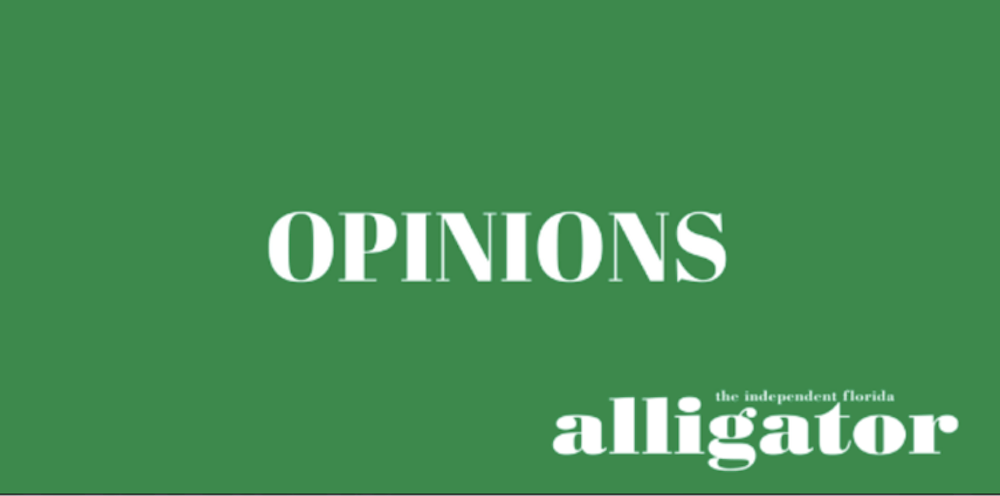Once upon a time, psychedelic drugs were mysterious tools of experimental psychology and psychiatry being seriously investigated for their potential applications. Studies like the Harvard Psilocybin Project and the CIA’s attempts to use LSD as a mind-control agent in its secretive MK Ultra project drew plenty of attention. But before psychedelics could gain any considerable momentum or have their effects fully understood, the federal government outlawed them by making them Schedule I drugs in the 1960s 一 substances that have “no currently accepted medical use” and a “high potential for abuse” according to the Drug Enforcement Administration (DEA). For the next several decades, research was scarce.
Starting in the 2010s, however, research into the previously forbidden “classical psychedelic” drugs (LSD, DMT and psilocybin) was once again permitted on a large scale, and the initial results have been surprising. Johns Hopkins University has largely been at the forefront of modern psychedelic research, and their preliminary findings indicate that psilocybin, the primary psychoactive compound in hallucinogenic mushrooms, shows promise as a highly effective treatment for end of life depression and anxiety in cancer patients. Johns Hopkins has also identified psilocybin’s potential to facilitate smoking cessation, and other researchers have demonstrated its usefulness for patients with treatment resistant depression. In light of such research, the Food and Drug Administration (FDA) granted psilocybin “breakthrough” status to help accelerate its development and approval as medicine.
A new depression and anxiety drug is noteworthy enough in an age marked by rampant mental illness, but psychedelic compounds demand special attention. Unlike other treatments such as Selective Serotonin Reuptake Inhibitors (such as Prozac and Paxil), psychedelic drugs don’t need to be taken every day, as their effects can last for months after administration. One study found those administered psilocybin scored higher in openness to experience on the Big Five personality model even a year after administration.
In contrast to psychedelic drugs’ depiction in popular culture as mere hallucinogens or drugs of abuse, personal accounts of the effects are marked with subjective near-death experiences (so-called ego death or ego dissolution), encounters with the divine, oceanic consciousness and profound personal or religious insights. For this reason, their application as medicine is a highly unusual and unorthodox proposition. But perhaps their bizarre and spiritual nature is precisely why they are able to give comfort to the dying and help the living.
In any event, the psychedelic renaissance is here. Bureaucratic agencies are slowly recognizing that substances they previously demonized have at least some medical value. The city of Denver voted to decriminalize psilocybin-containing mushrooms earlier this year by making their possession law enforcement’s lowest priority. Oakland, California quickly passed similar legislation. One of Silicon Valley’s latest fads is “microdosing” psychedelic drugs, or taking just enough to experience some creative or cognitive enhancement without causing intoxication.
These developments are a welcome change after roughly six decades of the federal government’s guerilla tactics in the war on drugs. The 1960’s are but a fleeting memory now, and public opinion has changed considerably concerning the moral implications of drug-induced altered states. Psychedelics are shedding their reputation as dangerous street drugs and being evaluated on their own merit instead of being mindlessly dismissed as the intoxicants of a bygone era. I sincerely hope that this time around, the bureaucrats get out of the way and let scientists be scientists and patients be patients.
Cameron White is a UF computer science senior.






